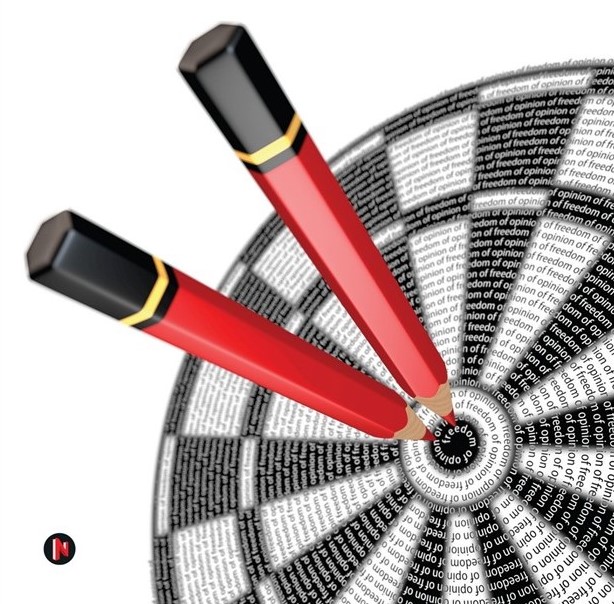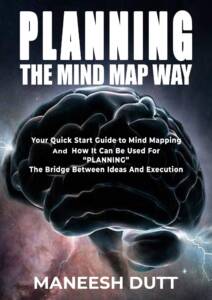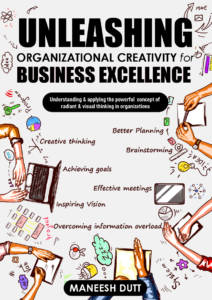Imagine a child deeply engrossed in reading a book of his/her interest. And the mother or father shouts from a ten feet distance “Dinners Ready!”. The child hardly hears this and only after the dinner call is repeated again and again the child comes back into this world to more mundane things like eating food.!
Contrast this with a situation where the child is sitting with the parent, trying to study, and from far far away one of the child’s friend calls out his name and asks “Are you coming to play?”. In an instant the child hears this, loses his/her focus and now has the difficult task of figuring out a way to escape the studies!
Sounds familiar!!
“How to concentrate better?” is a question that many parents seek an answer to help their kids study better? There can be many factors for “demonstrated” lack of concentration displayed by kids when studying. I say “demonstrated” because as we can see from the two contrasting examples above, it is clear that the child does not lack the innate ability to concentrate. But there are can be a number of factors responsible for this dis-interest which could be anything from peer pressure to advancements in the technology, to a general dis-interest in studies due to poor learning / teaching techniques. In such a situation children of course cannot find the way out on their own, so their parents have to look after their needs.
Parents can help their children familiarize themselves with industry proven learning strategies such as mind mapping. This method has been around for a while, and has helped parents/teachers engage children better and making them life-long effective learners. These techniques are meant to make learning much more interesting for the children and help them with how to concentrate better while sitting down with their books.
In addition to techniques such as Mind Mapping there are few simple things that can help parents decode how to concentrate better:
- Playing with their favorite toys helps young minds bring out their creativity. This helps strengthen their ability to concentrate, which would help them focus more on their studies as well.
- Eating healthy food is essential for children since they need the right nutrients to grow into healthy adults. Parents must ensure that they keep their little ones away from junk foods and other unhygienic foods as much as possible.
- Create smaller tasks out of more complex tasks. Doing this can help your child understand the concepts behind them and remember them for a long time.
- Create a conducive environment where children can study without getting distracted every now and then. You can decide the right way of doing it, and then stick to it to create a fixed schedule for your child.
- Napping on time and for the right duration is extremely important to help your children focus better on their studies.
And finally the most important point is to understand the strengths of your child and see how you can use them to enhance their learning experience. Be consistent, have patience and you will definitely see great results in the future.



